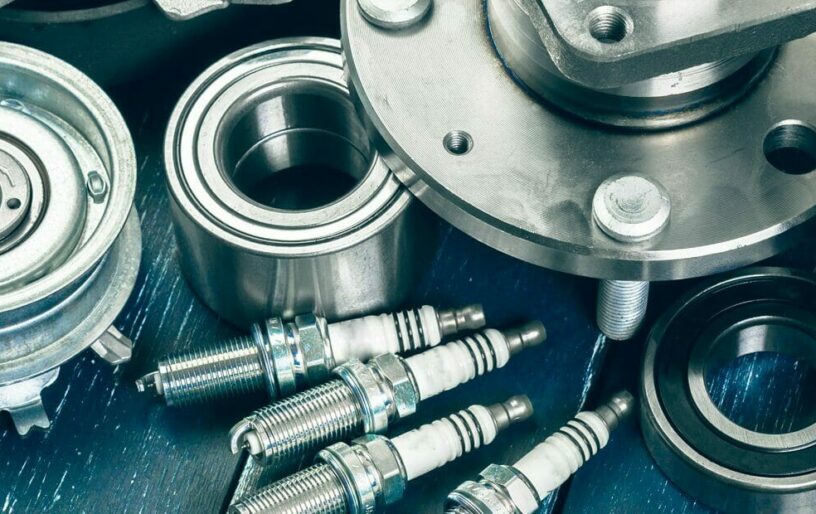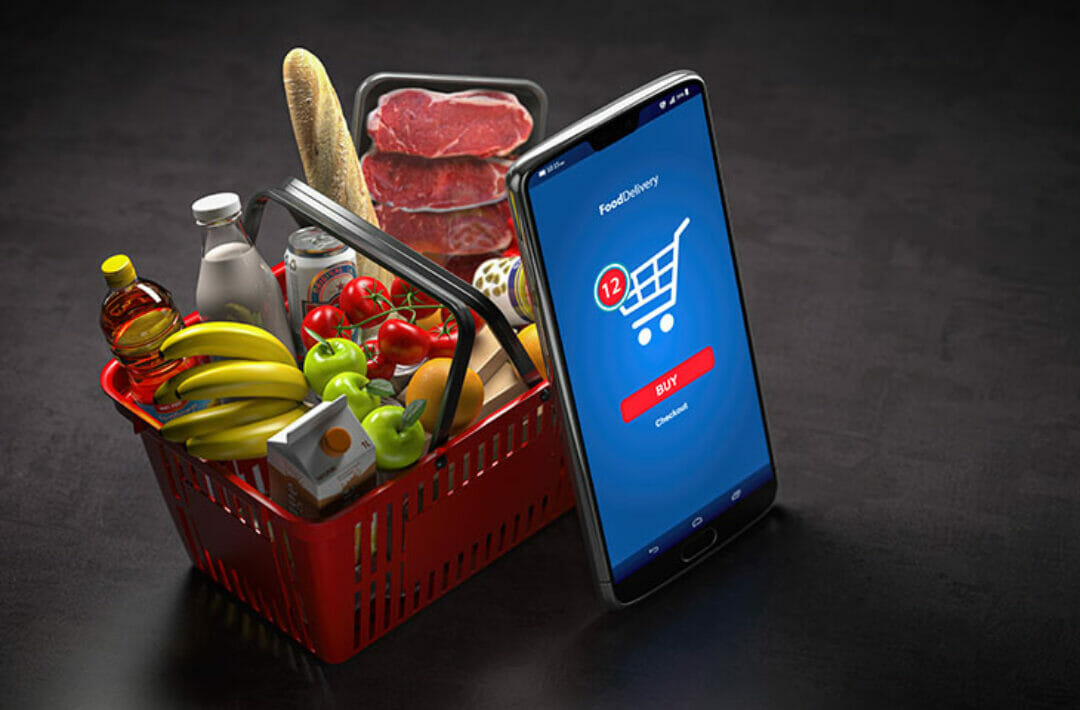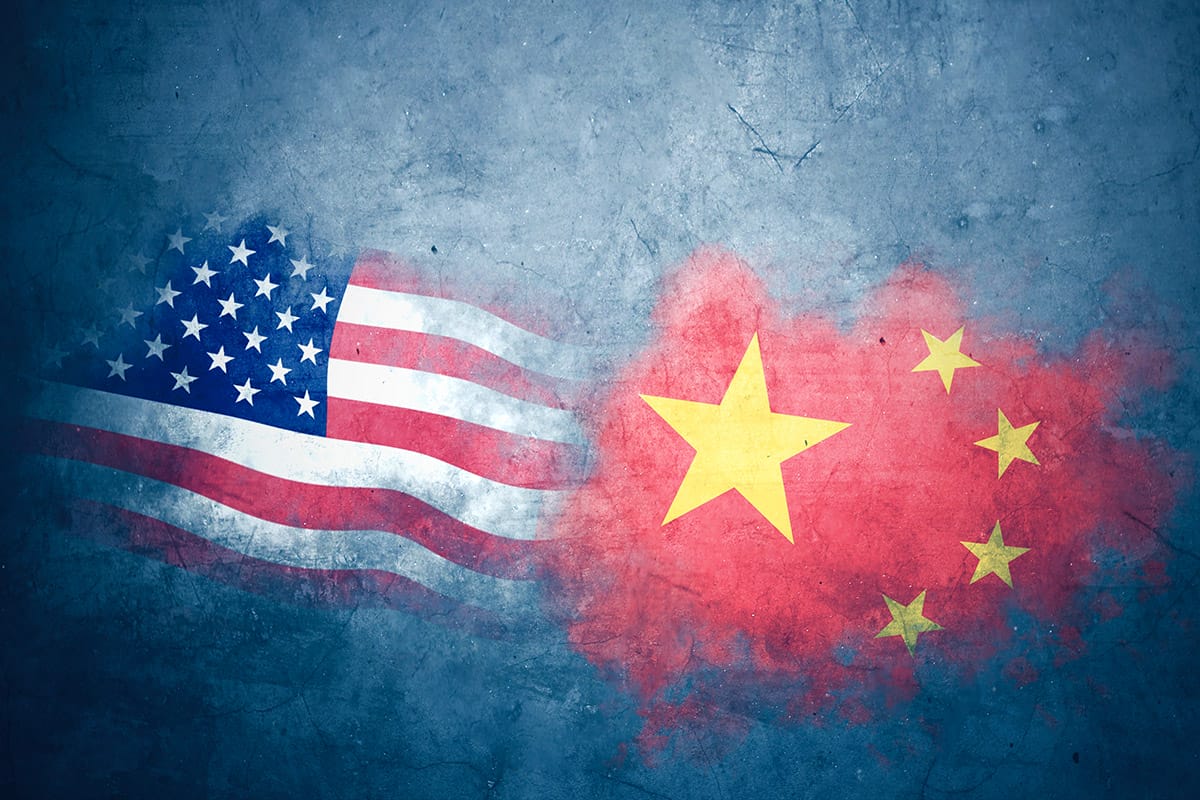Blog
Counterfeit safety equipment is risking lives
- Brand Protection

Counterfeit cycling products fall well below European safety standards. We explain the scale of the issue.
For the 6th time in the last 7 years the Tour de France crown is coming to the United Kingdom. Geraint Thomas is the latest British hero to continue this prolonged period of dominance. This success has seen a surge in popularity for the sport throughout the country and recent data shows a 23% spike in active cyclists since 2008.
For those feeling inspired and wanting to purchase cycling gear it is only natural to seek out the same equipment their heroes donned as they tore through the stages. Helmets are a great example, not only helping budding cyclists look the part, but for those travelling at high speed or navigating their way around busy roads, a potentially life-saving piece of equipment.
Counterfeiters putting lives at risk
However, counterfeit helmets are becoming increasingly prevalent online, representing not just a risk to brands’ revenues but also their reputations and, most importantly, their customers’ lives. Throughout this year’s Tour de France, our analysts put Corsearch’s brand protection technology to work and analyzed sales trends for helmets worn by the cyclists. The results showed a wide range of counterfeit options, most notably equipment worn by Team Bora Hansgrohe, Team Movistar and the British Team Sky. Team Sky’s results showed over 200 listings on multiple platforms, with products that appeared very similar to the genuine article, but with a reduced price being the key indicator that all was not well.
Product quality
The legitimate Team Sky helmets are made by Italian company Kask, and meet the EN 1078 safety standard, whilst a recent study showed that fake helmets fall well outside of the required parameters. Some of the counterfeits couldn’t withstand even a fraction of the impact of a genuine product.
Brand responsibility
Brands need to be more proactive in ensuring the message is properly conveyed that helmets, whilst being a fashion accessory for a cyclist, are also there to save lives. If consumers are visiting online marketplaces and choosing similar looking products based purely on price, then brands need to be taking responsibility and ensuring that the supply of unsafe products is reduced.
Whilst we focused this study on helmets, a quick scan using Corsearch Brand Protection Platform showed a range of fraudulent cycling-related equipment available online, including handlebars and brake parts. This demonstrates the breadth of the issue and the diligence that is needed in addressing it.
At Corsearch we work with brands to identify the online IP infringements that are the biggest threat to their reputation and to protect them against those threats. With regard to counterfeit safety equipment, this is about more than lost revenue, it’s about protecting their customers’ safety and ensuring they can trust their brand. For more information about how Corsearch can help protect your business and customers, learn more about our products or talk to an expert.





